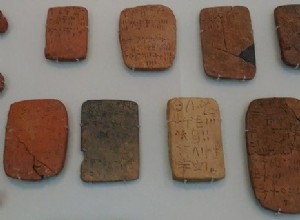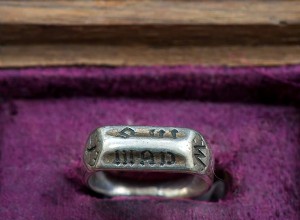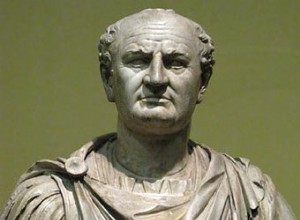Can modern technology help decipher Linear A, the Minoan script that still holds its secrets well? Dr. Ester Salgarella, a researcher at St Johns College, Cambridge, not only believes so but also attempts it with the open access database SigLA (https://sigla.phis.me/), which she built in collaborati




